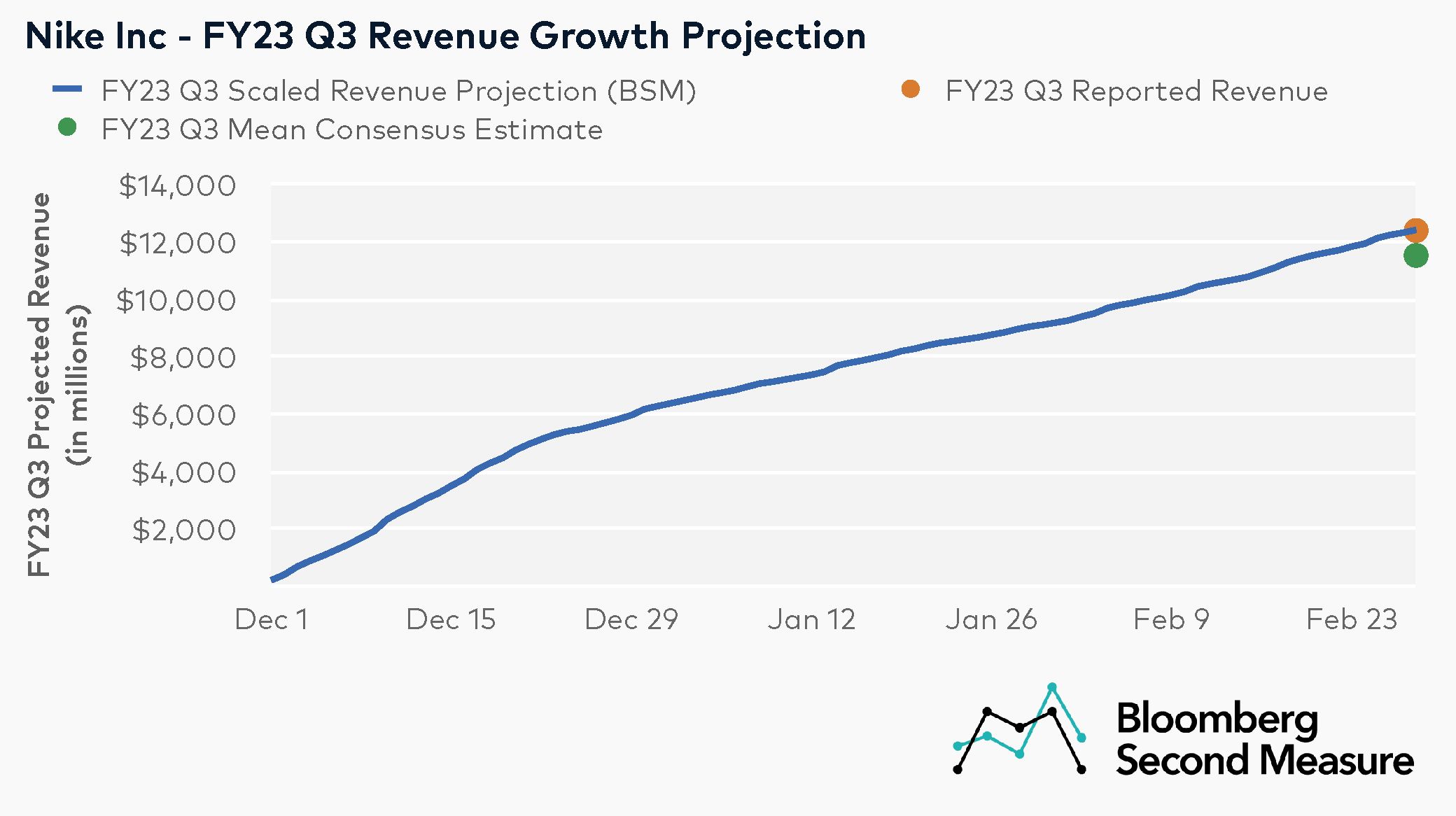AI Therapy And Surveillance: The Risks Of A Police State

Table of Contents
The Thin Line Between Therapy and Surveillance
The integration of AI into mental healthcare raises profound ethical questions about the balance between therapeutic benefits and the potential for intrusive surveillance. The very nature of AI therapy, which relies on collecting vast amounts of personal data, blurs this line considerably.
Data Collection and Privacy Violations
AI therapy platforms require extensive data collection on users' thoughts, feelings, and behaviors. This intimate data, detailing our most vulnerable moments and private reflections, becomes a treasure trove of information that is incredibly vulnerable to misuse.
- Vulnerability to data breaches and hacking: Sophisticated cyberattacks could expose sensitive personal data, leading to identity theft, blackmail, and profound emotional distress. The sheer volume of personal information collected by these platforms makes them prime targets for malicious actors.
- Potential for misuse by third parties, including law enforcement: Without strict legal protections, this data could be accessed by law enforcement agencies, insurance companies, or even employers, potentially leading to discrimination, unfair treatment, and violations of privacy. The lack of clear guidelines for data sharing is a serious concern.
- Lack of clear regulations and data protection mechanisms: The rapid development of AI therapy has outpaced the development of adequate regulatory frameworks. Currently, there's a significant gap in legislation to protect users' data and privacy effectively.
Algorithmic Bias and Discrimination
AI algorithms are trained on data, and if that data reflects existing societal biases (racial, gender, socioeconomic, etc.), the algorithms will perpetuate and even amplify these biases in diagnosis and treatment recommendations. This can lead to discriminatory outcomes.
- Potential for unfair or discriminatory treatment based on race, gender, or socioeconomic status: A biased algorithm might misinterpret the behavior of individuals from marginalized communities, leading to inaccurate diagnoses and inappropriate treatment plans.
- Lack of transparency in algorithmic decision-making: The "black box" nature of many AI algorithms makes it difficult to understand how they arrive at their conclusions, making it challenging to identify and address bias.
- Difficulty in challenging or correcting biased outputs: If an individual believes they have been unfairly treated due to algorithmic bias, the lack of transparency and accountability makes it difficult to challenge the system and seek redress.
The Erosion of Freedom of Thought and Expression
The potential for misuse of data collected through AI therapy extends beyond individual privacy violations; it poses a serious threat to freedom of thought and expression.
Predictive Policing and Preemptive Interventions
Data gathered through AI therapy could be used by authorities to predict and prevent "undesirable" behavior, potentially leading to preemptive arrests or interventions, even without the commission of a crime.
- Chilling effect on free speech and dissent: Knowing that their thoughts and feelings are being monitored could deter individuals from expressing dissenting opinions or engaging in activism.
- Potential for profiling and targeting of marginalized communities: AI systems trained on biased data could disproportionately target already marginalized groups, leading to increased surveillance and harassment.
- Violation of fundamental human rights: Preemptive interventions based on AI predictions violate fundamental human rights, including the right to privacy, freedom of expression, and due process.
Manipulation and Control
Governments or corporations could potentially manipulate AI therapy systems to influence users' thoughts and behaviors, creating a tool for social control.
- Subtle manipulation through personalized feedback and suggestions: AI algorithms could be designed to subtly steer users towards specific beliefs or behaviors, undermining their autonomy and critical thinking abilities.
- Targeted advertising and propaganda through therapy platforms: Therapy platforms could be used to deliver targeted advertising and propaganda, exploiting users' vulnerabilities during their most vulnerable moments.
- Potential for creating a docile and compliant population: The long-term impact of subtle manipulation through AI therapy could lead to a population that is less inclined to challenge authority or engage in dissent.
The Lack of Regulatory Frameworks and Ethical Guidelines
The absence of adequate regulatory frameworks and ethical guidelines presents a significant obstacle to mitigating the risks associated with AI therapy and surveillance.
The Urgent Need for Legislation
Current regulations are largely insufficient to address the unique ethical challenges posed by the convergence of AI therapy and surveillance. Stronger laws are urgently needed.
- Data protection regulations need to be strengthened and adapted to the specific needs of AI therapy: Existing data protection laws may not adequately address the unique privacy concerns raised by the sensitive nature of data collected through AI therapy platforms.
- Clear ethical guidelines for the development and deployment of AI therapy systems are necessary: Ethical guidelines should address issues such as data security, algorithmic bias, transparency, and accountability.
- Independent oversight mechanisms are required to monitor AI therapy platforms and ensure compliance: Independent bodies should be established to monitor the use of AI therapy platforms and ensure compliance with ethical guidelines and regulations.
Promoting Transparency and Accountability
The development and deployment of AI therapy systems should be transparent and accountable, with clear mechanisms for users to access and challenge the data used to inform their treatment.
Conclusion
The integration of AI into mental health care offers transformative potential, but the risks associated with its potential for surveillance are immense. The thin line between therapeutic intervention and state-sanctioned surveillance must be clearly defined and protected. Failing to address the ethical and privacy concerns surrounding AI therapy will likely lead to a future where freedom of thought and expression are severely curtailed, paving the way for a true police state. We must demand robust regulations, transparent practices, and ethical guidelines to ensure that AI therapy enhances, rather than undermines, our fundamental human rights. Let's actively engage in the conversation surrounding AI therapy and surveillance to prevent the creation of a dystopian future. The future of AI therapy must be one that prioritizes human well-being and freedom, not surveillance and control. Let's work together to ensure responsible innovation in AI therapy, protecting our privacy and preserving our freedoms.

Featured Posts
-
 Analysis How Trumps Tariffs Could Cost California 16 Billion
May 16, 2025
Analysis How Trumps Tariffs Could Cost California 16 Billion
May 16, 2025 -
 Analysts Point To Foot Locker Earnings As Evidence Of Nikes Recovery
May 16, 2025
Analysts Point To Foot Locker Earnings As Evidence Of Nikes Recovery
May 16, 2025 -
 The Mystery Of Missing Dasani Why You Cant Buy It In The Uk
May 16, 2025
The Mystery Of Missing Dasani Why You Cant Buy It In The Uk
May 16, 2025 -
 Individual Taken Into Custody Gsw Campus Security Update
May 16, 2025
Individual Taken Into Custody Gsw Campus Security Update
May 16, 2025 -
 First Up Bangladesh Yunus In China Rubios Caribbean Trip And More Top News
May 16, 2025
First Up Bangladesh Yunus In China Rubios Caribbean Trip And More Top News
May 16, 2025
